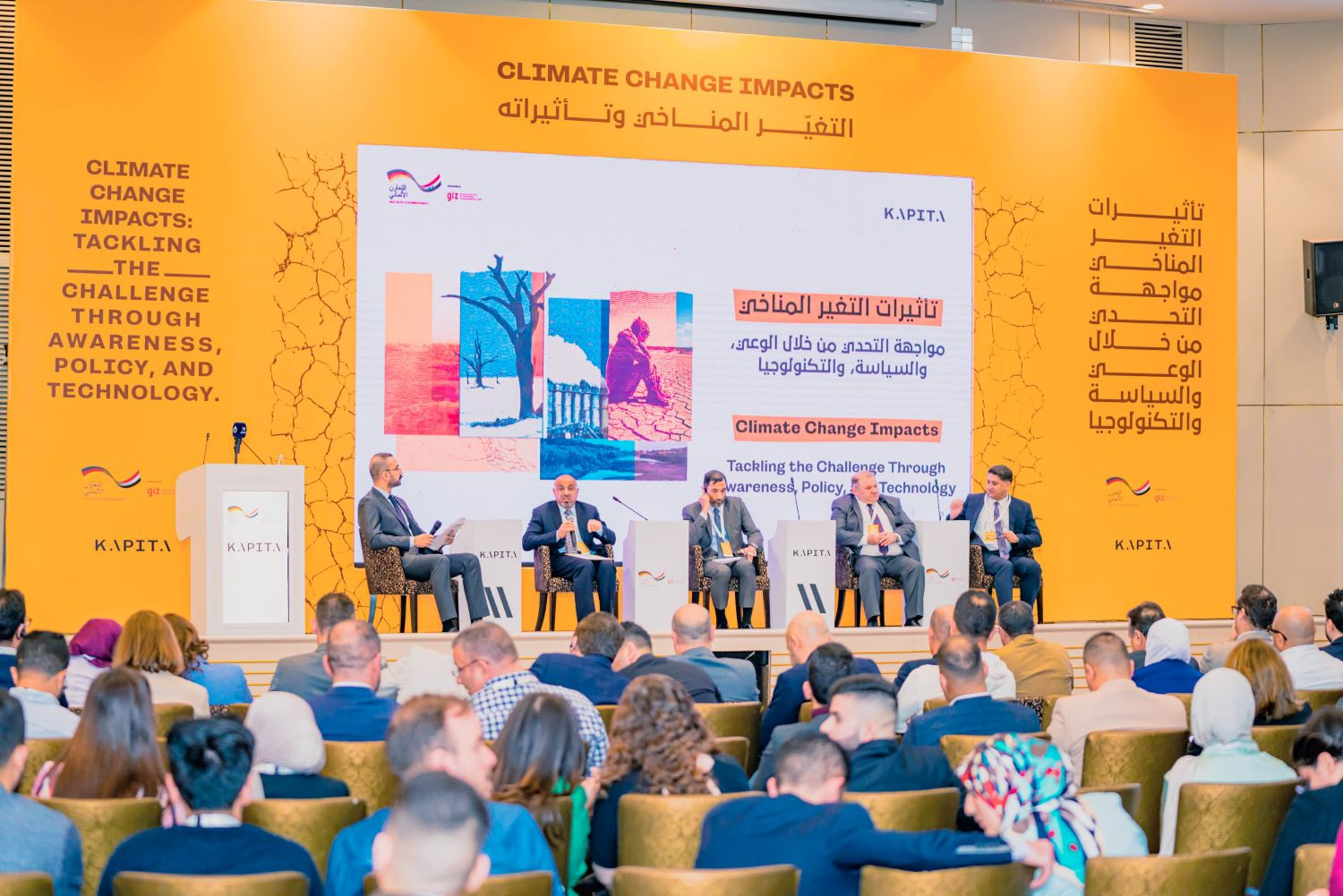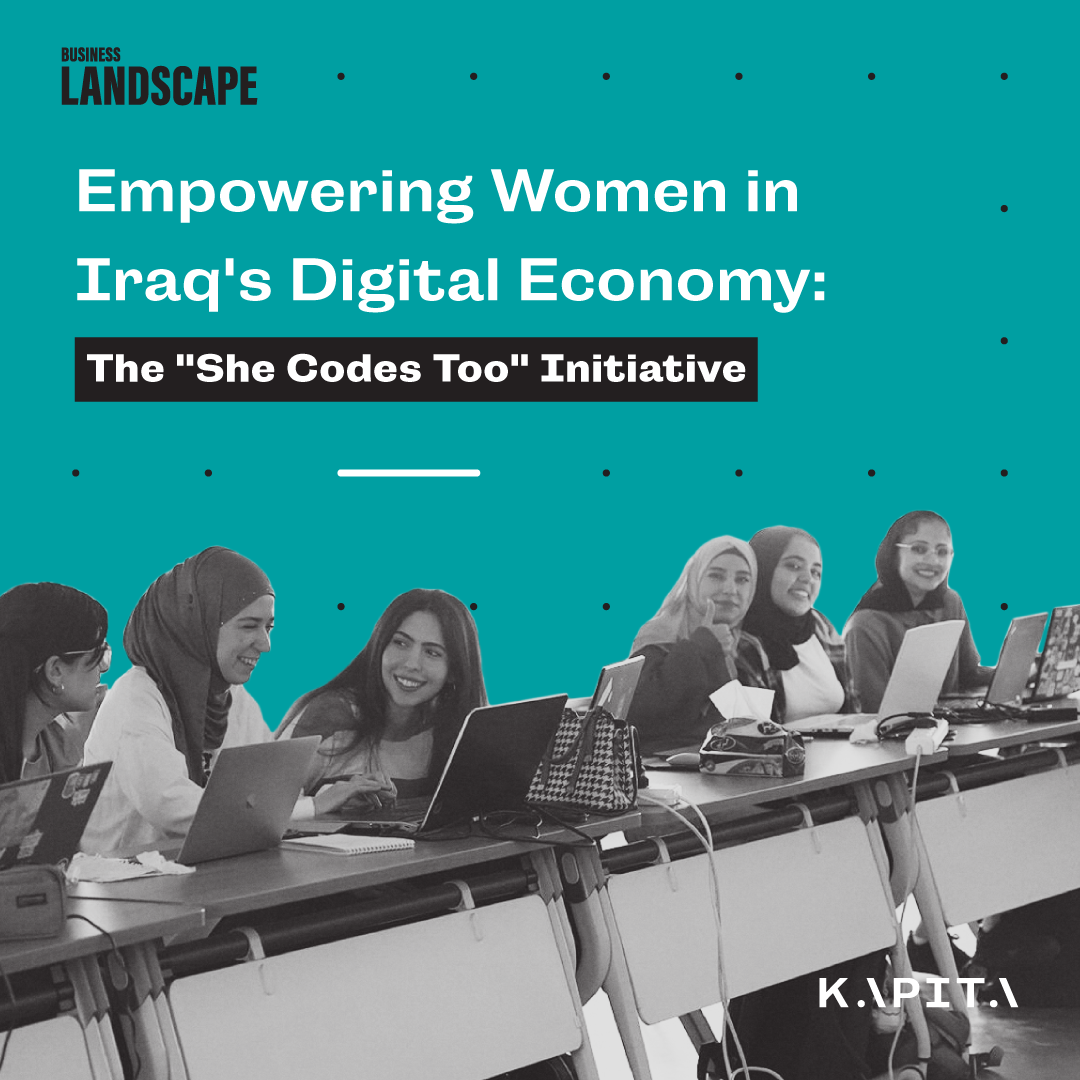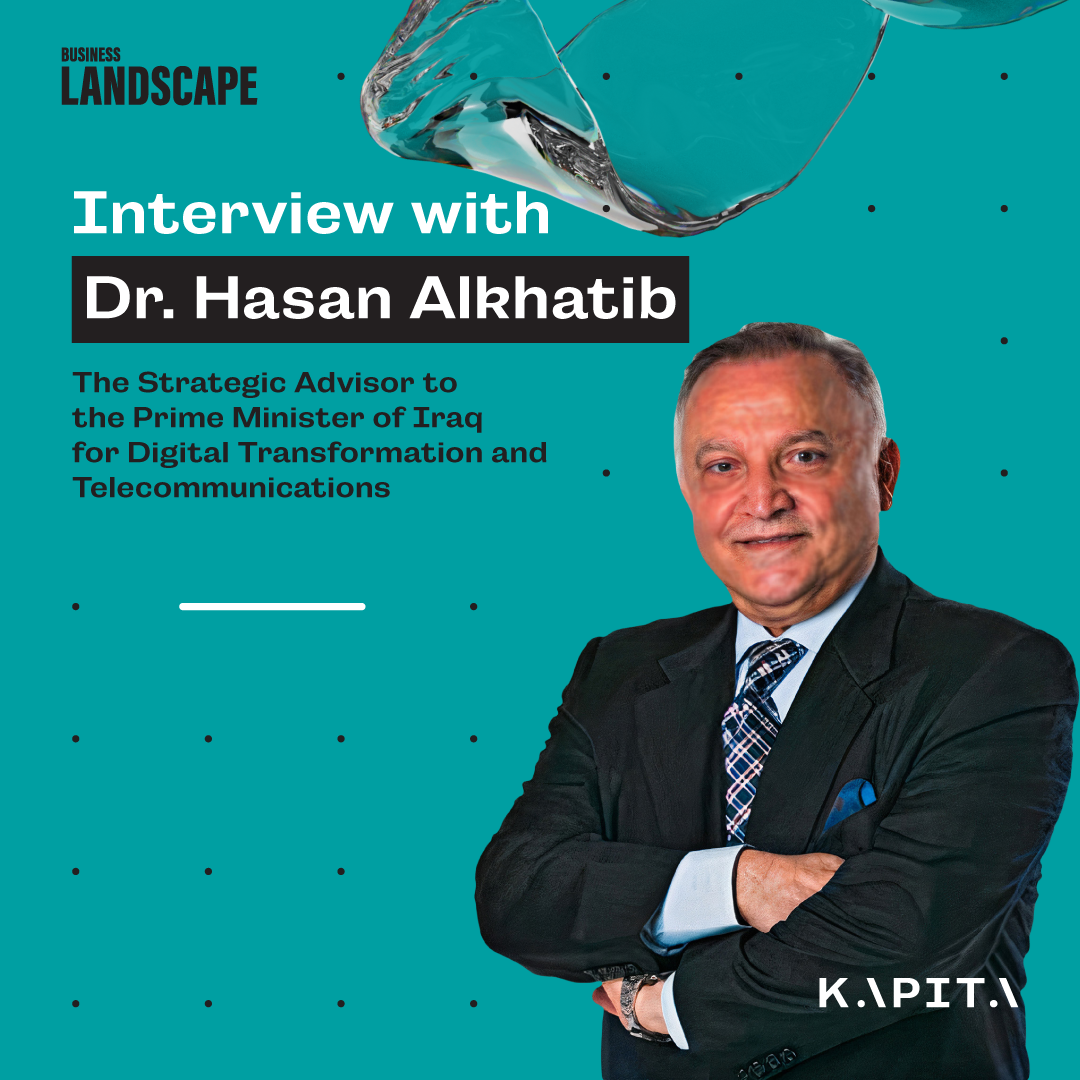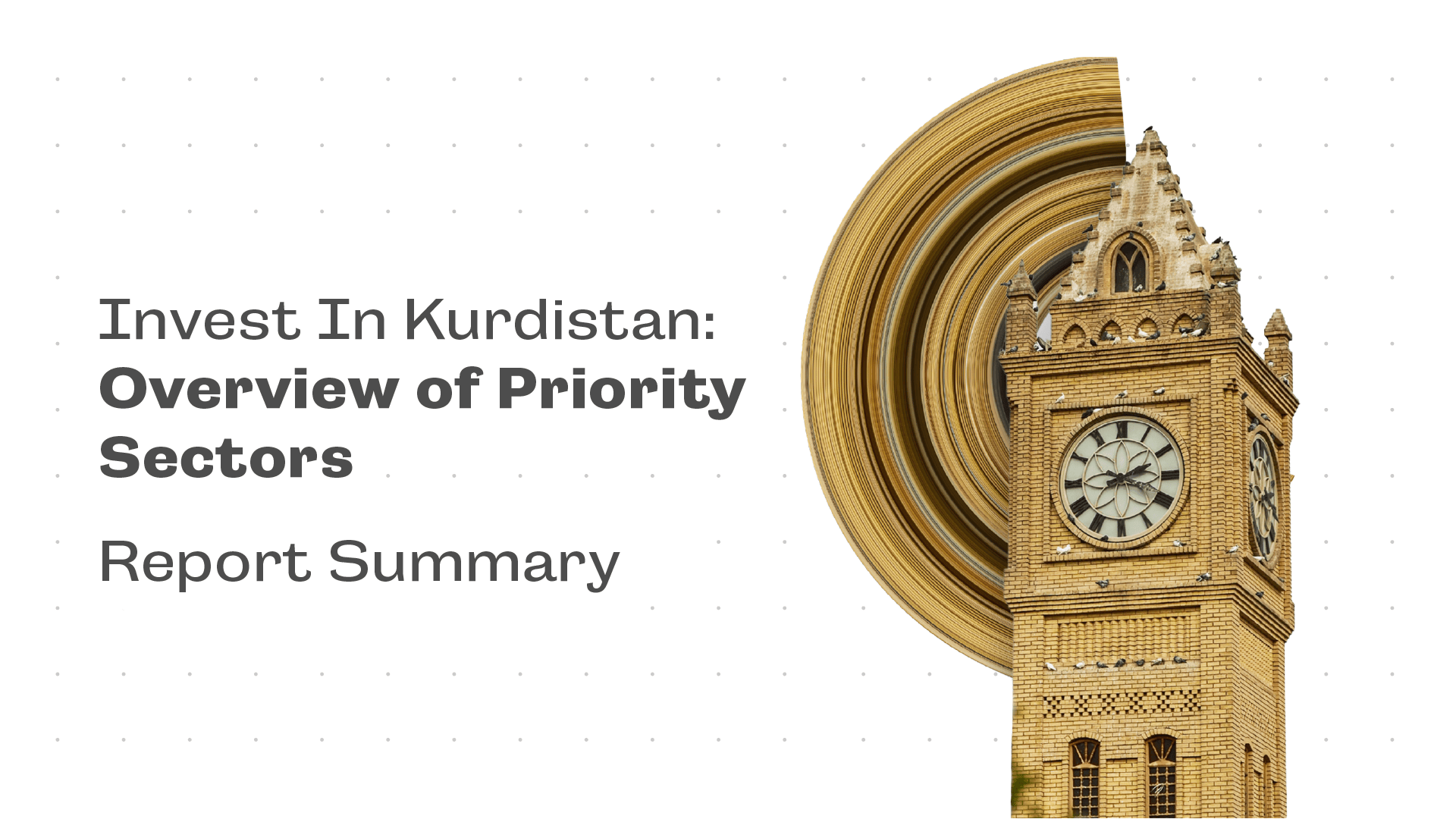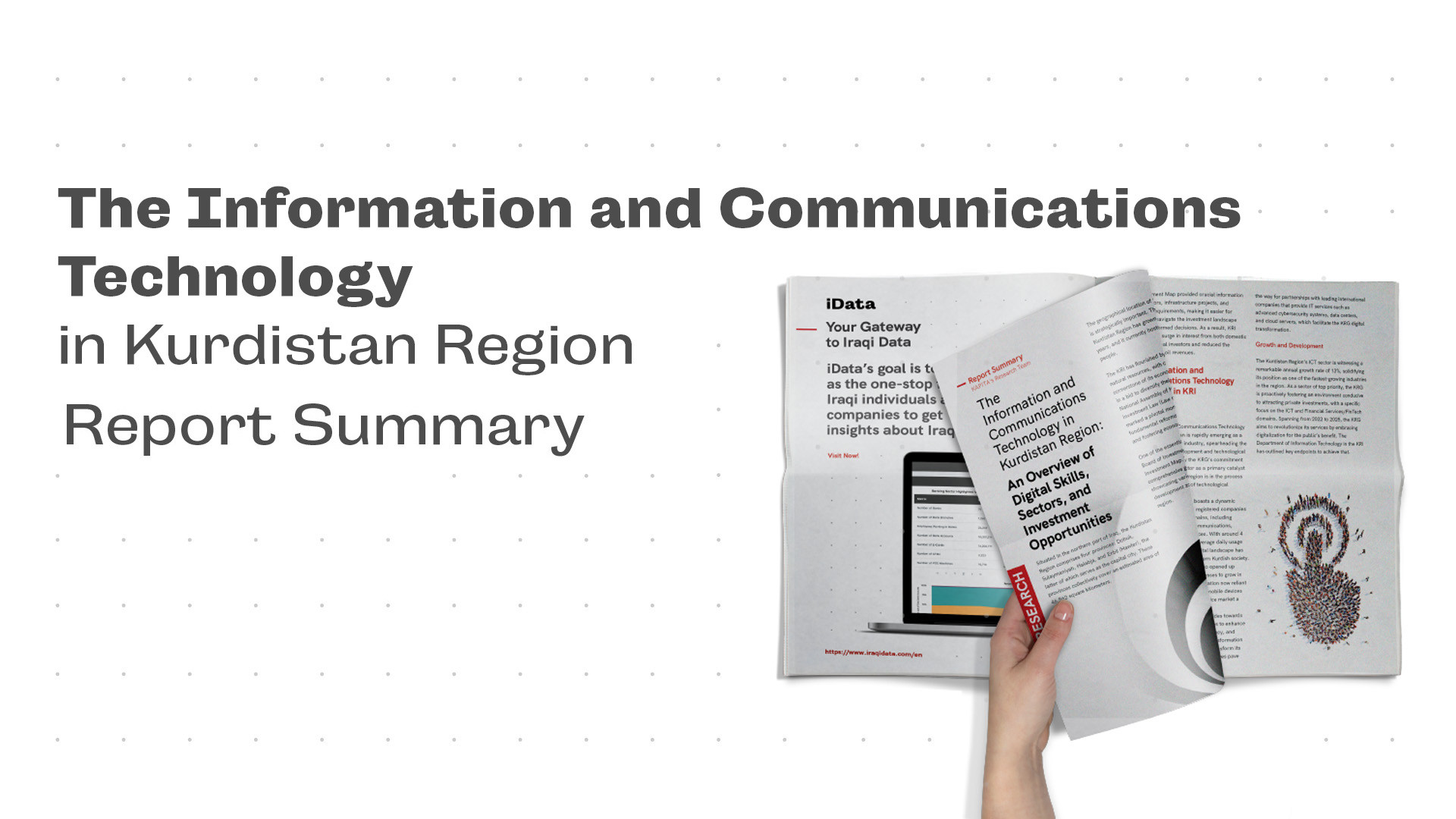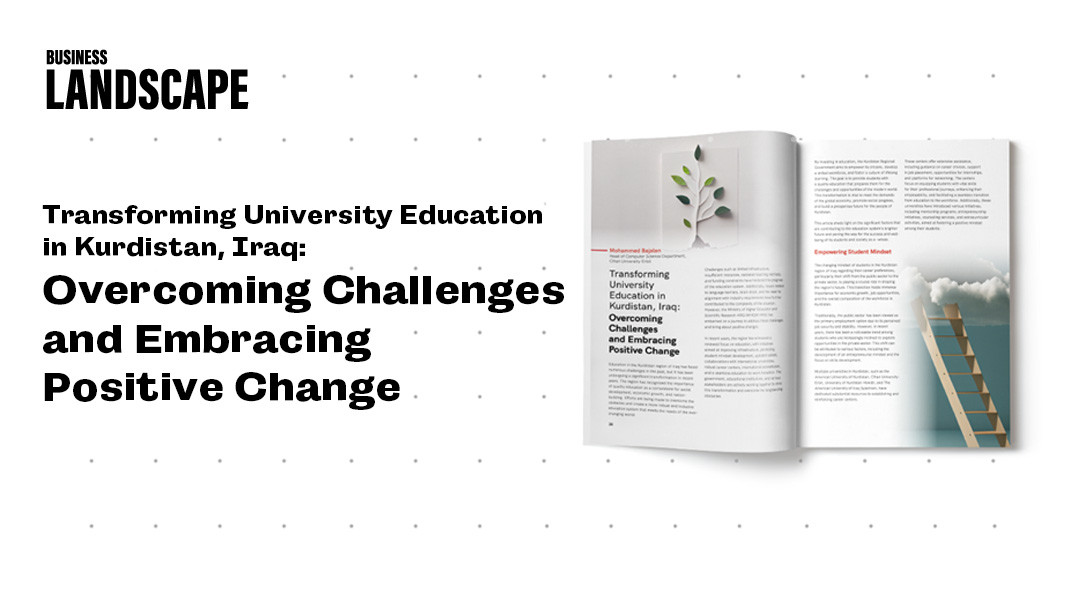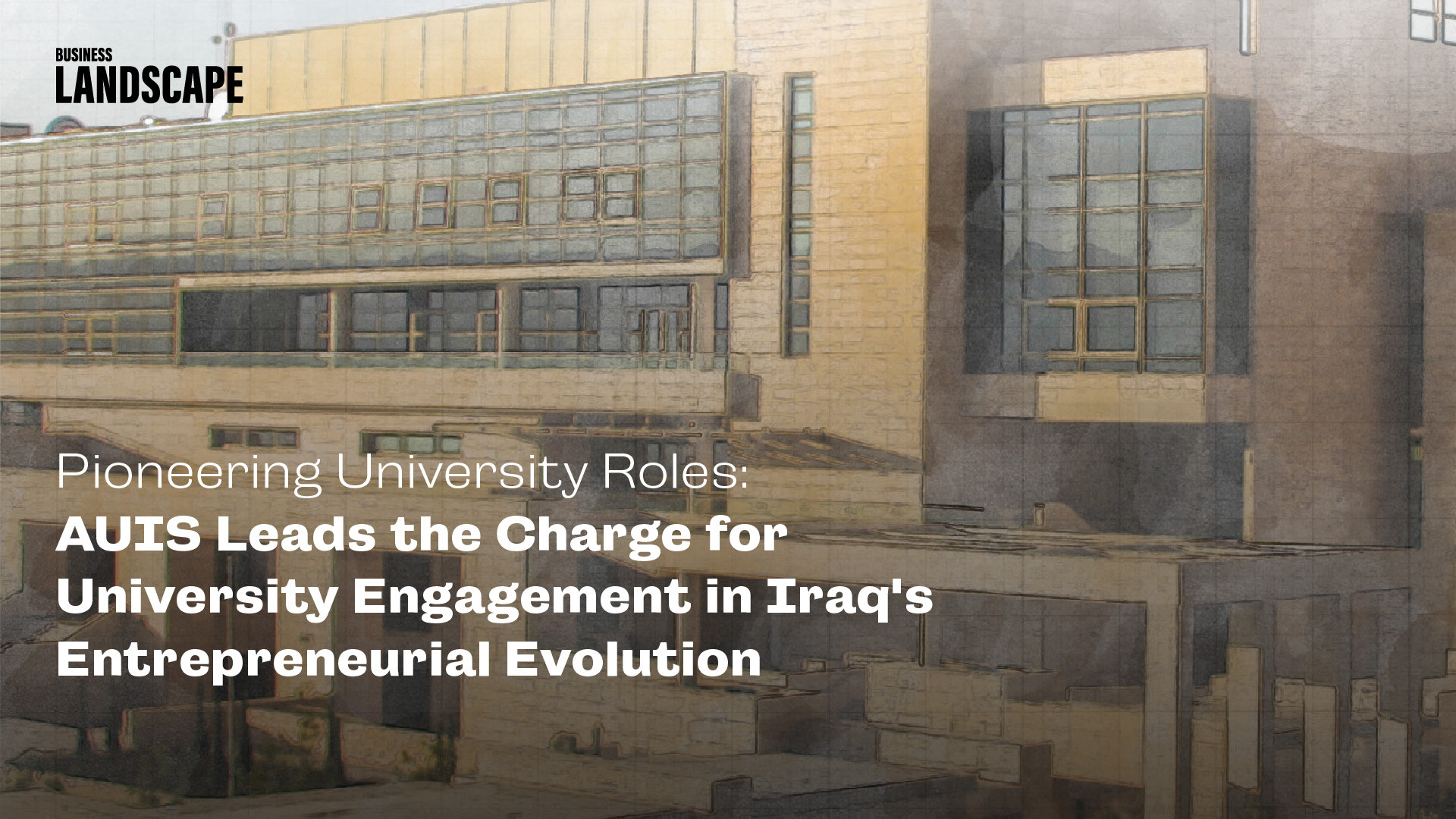Stakeholders Mapping for Climate Action: Leveraging Awareness, Policy, and Technology Conference
KAPITA’s Research Team
Climate change is the world’s most looming issue, and Iraq is no different in that regard. However, oftentimes when the subject of climate change is open to discussion, many are not aware of who are the parties responsible for the fight against climate change. Thus, KAPITA decided to host a climate change conference to discuss the findings published in a stakeholders mapping research titled “Stakeholders Mapping for Climate Action: Leveraging Awareness, Policy, and Technology.” The mapping was the blueprint upon which the conference was built. The conference was held on March 18th, 2023, at Babylon (Rotana) Hotel in Baghdad. The conference featured three panels; Panel One: Policy and Decision Making in Climate Change Related Projects, Panel Two: Awareness and Information Dissemination about Climate Change, and Panel Three: Technological Transformation towards Climate Change Mitigation and Adaptation.
The opening remarks of the conference were initiated with a speech by His Excellency Dr. Jasim Al-Falahi, Deputy Minister of Environment. He emphasized the importance of discussing the challenges that climate change imposes, stating, "Climate change is no longer an environmental issue alone; it has morphed into a development, security, and policy issue for this generation and the next generations." Dr. Al-Falahi added, "As climate change affects us all and will continue to affect us, we must take appropriate and collaborative measures to combat it and deal with its consequences." Dr. Al-Falahi also highlighted the role played by the Ministry of Environment in including Iraq in the Paris Climate Agreement, which he believed was "an important step towards enabling the development of the Iraqi economy."
In addition, Dr. Jonne Bruecher, Cluster Coordinator, Economic Development and Life Perspectives Cluster, GIZ Iraq, emphasized the importance of involving all stakeholders in the discussion, stating, "We cannot neglect the role of any stakeholder, as this is a collaborative effort." Next, Mr. Erfan Diebel, Head of Project, ICT for Youth, GIZ Iraq, spoke about the importance of understanding the broader effects of climate change. "There is a proverb that says, 'If you understand something and you do not take action, then you have not understood it at all.' I believe that proverb describes the situation of climate change and how we need to take action to show that we have understood it." He added that "there are no shortcuts to combat climate change. We need to take necessary actions to fully combat it."
Closing the opening remarks was Mohammed Jamal, Managing Director of Research at KAPITA Business Hub, who spoke about the conference’s role in bringing stakeholders together. "Our conference today is an open invitation to think collectively about solutions to climate change, focusing on the three pillars of the conference: awareness, policy, and technology."
The First Panel: Policy and Decision-Making in Climate Change Related Projects
The first panel discussion on policy followed the opening remarks. The panel was moderated by Ahmed Al-Khazraji and included Dr. Hashim Mohammed Abed, Representative of the Deputy of Technical Affairs of the Ministry of Environment; Ally Raza Qureshi, Representative of WFP Iraq; Haval Ahmed Mohammed, Director of the Environmental Protection Agency in KRG; and Dr. Nazeer Abood Fazaa, Founder of Iraqi Green Climate Organization.
Dr. Hashim spoke about Iraq's commitment to combating climate change. "Iraq is serious in its fight against climate change. We have taken steps to create the Nationally Determined Contributions and the Green Paper." WFP's representative, Ali Reza Qureshi, spoke about the aspect of food security. "Farmers in Iraq should not keep using outdated farming techniques." He continued, "We need to push for policies that integrate technology in agriculture. There are countries that have far less water than Iraq that managed to integrate technology to make this work."
Haval Ahmed Mohammed shed light on the policies implemented by the Kurdistan Regional Government. "The KRG has initiated a plan to create reservoirs to save excessive waters that could be used in times of drought and to reduce floods." He added that "We have already created 18 reservoirs and are in the process of creating another 28. They can serve multiple purposes, such as irrigation, water conservation, and also can be used as tourist attraction."
Moreover, Dr. Nazeer Abood, spoke about the "arduous journey" of climate change in Iraq that started in 2007. "It has not been an easy journey to shift the paradigm towards climate change, as the country's economy relied heavily on fossil fuels." Regarding policy, Dr. Abood added that the "Nationally Determined Contributions (NDCs) of the Paris Agreement cannot be implemented without improving and updating the regulations regarding the environment in all aspects, including the public and private sectors, and civil society."
The Second Panel: Awareness and Information Dissemination About Climate Change
Moving forward to the second panel discussion on the topic of awareness. The panel was moderated by Mohammed Jamal and included Abduladhim Mohammed Salih, Board Member of the Communications and Media Commission(CMC); Zuber Murshid, Representative of UNDP; Hayder Al-Kufaishi, Founder of Istidama for Green Cities Organization; and Emir Tarık Çolak, Supply Chain Director for CocaCola Iraq.
Mr. Abduladhim spoke about CMC's commitment to creating an awareness campaign about climate change, which includes SMS campaigns and short documentary films targeting various climate-related issues. UNDP's Representative, Zuber Murshid, pointed out that one of the least discussed topics that needs to be included in the awareness agenda is the quality of air. "We can notice how air quality is correlated with a rise in diseases. Basra is an extreme example in Iraq because gas flaring is correlated with the increased cancer cases."
Hayder Al-Kufaishi gave a brief history of how Baghdad was a sustainable city. "The houses in Baghdad were built next to the river, with a design that prioritized ventilation and access to sunlight for 365 days." He added, "Currently, mismanagement of land use is causing an increase in temperature. We are trying to make society aware of how these circumstances affect climate change."
The panel concluded with Emir Tarık Çolak, who emphasized the importance of recycling. "We want to create materials that are 100% recyclable." He added, "CocaCola collects all the cans it puts in the market in many countries, and this is what we are going to do in Iraq as well."
The Third Panel: Technological Transformation Towards Climate Change Mitigation and Adaptation
The third panel discussion focused on technology. The panel was moderated by Ahmed Hamdani and included Dr. Ahlam Shaheed Ali, Member of the Climate Change Committee in the Ministry of Higher Education and Scientific Research and Director General of the Women Empowerment Department; Dr. Hayder Mohammed Al-Manshi, Professor at the University of Baghdad; and Mounes AbdulSahib Neamah, CEWAS Project Manager.
Dr. Ahlam spoke about the role of the Ministry of Higher Education and Scientific Research in addressing climate change. She highlighted the projects that the Ministry has undertaken, including establishing several departments and research centers dedicated to various aspects of climate change. In addition, Dr. Hayder encouraged attendees to invest in the environment, stating, "The only truly sustainable investment is investing in the environment. By doing so, we are investing in the future, our health, and the advancement of the economy." While Mr. Mounes, emphasized that "Integrating Artificial Intelligence (AI) into water management solutions is simple. This would have a positive impact on both the ease of work for farmers and the improvement of farmland."
Dashboard of Climate Change in Iraq
To conclude the conference, Riyadh Radhi, Senior Data Associate at KAPITA Business Hub, took to the stage to unveil KAPITA's Climate Change in Iraq Dashboard. "At KAPITA, we stress the importance of studying climate change from each of the three mentioned aspects. Based on our belief in the value of data-informed decisions, KAPITA has been and continues to devote a large part of its operations to data analysis and research publication. Because we believe that a foundation based on data is the correct foundation, KAPITA is pleased to share this simple dashboard in the conference closing remarks - a platform to display important data on climate change in Iraq."
As he continued to present the data, he highlighted some critical numbers from the dashboard, accompanied by graphics. "Most of Iraq's governorates suffered from a clear decrease in the rate of rainfall in the year 2021 compared to the year 2000. The lack of rain led to noticeable drought in most of the lakes of Iraq from north to south, sometimes reaching 80% in the Adhaim Dam and 50% in the marshes. All this drought caused another serious problem, which is desertification. We can see the percentage of land exposed to desertification in various cities in Iraq, which is constantly increasing. This desertification is also accompanied by severe air pollution, leading to Iraq being classified as the second most polluted country in 2022."
Riyadh concluded by stating, "This dashboard is a small part of a series of other dashboards tackling various sectors of Iraq that KAPITA is currently preparing. The challenge of providing data-informed dashboards is an important goal that KAPITA is working towards turning into reality. This goal is a common vision with all the institutions attending today. Therefore, we invite you to continue this conversation and turn it into real cooperation to work together to solve climate problems."
